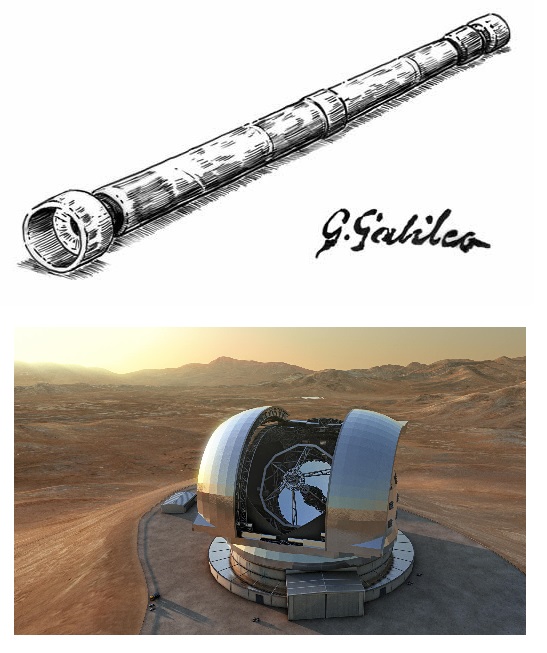Something I'm still confused about-
Did they know to "point" the detectors at a certain point in space, or did they just happen to catch this gravity wave? Do they know where it came from?
To use this discovery to analyze the "gravity spectrum" of the universe, can something be pointed at a certain point in space, or is it just a passive listening method?
Did they know to "point" the detectors at a certain point in space, or did they just happen to catch this gravity wave? Do they know where it came from?
To use this discovery to analyze the "gravity spectrum" of the universe, can something be pointed at a certain point in space, or is it just a passive listening method?






